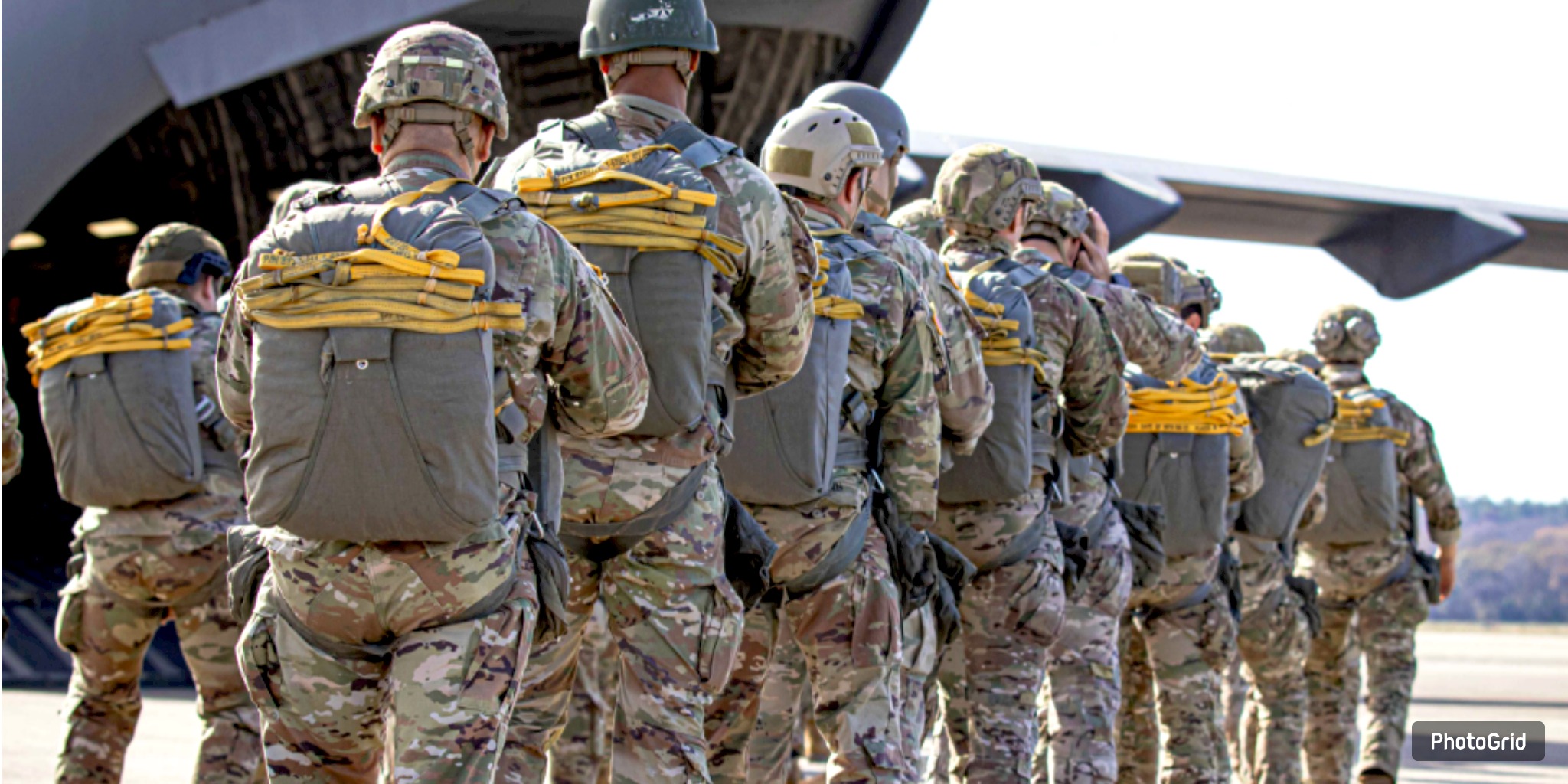


In a stark assessment of a potential war with China, Lt. Gen. Joel “JB” Vowell, deputy commanding general of U.S. Army Pacific, said the number of American casualties would far exceed those suffered during the post-9/11 wars in Iraq and Afghanistan.
Speaking at a Defense Writers Group event on July 22, Vowell highlighted the immense difficulty the U.S. military would face in treating and evacuating wounded service members from combat zones in the vast Indo-Pacific region.
“Our assumptions for planning are that casualty estimates will be much higher than you might have seen in the Global War on Terror,” said Vowell. He added that, unlike previous conflicts where only small numbers of U.S. troops were injured in single attacks, a war with China could see mass casualties from large-scale combat operations.
Vowell noted that China’s growing arsenal of advanced weapons—including hypersonic missiles—poses a significant threat to U.S. military assets, including aircraft carriers with crews of up to 5,000. These threats significantly complicate casualty evacuation efforts. “It’s not a simple problem of the golden hour,” he said, referencing the critical 60-minute window to treat wounded soldiers. “It’ll be hundreds.”
War games conducted by the Center for Strategic and International Studies (CSIS) estimate that a Chinese invasion or blockade of Taiwan could result in 9,500 to 21,000 U.S. casualties, with the loss of dozens of ships and hundreds of aircraft. These scenarios assume minimal U.S. ground combat involvement. Vowell cautioned that assigning American forces to defend territories like Taiwan's Matsu or Kinmen islands would significantly increase casualties.
Vowell stated that transporting casualties from remote Pacific areas to advanced medical centers would present a logistical challenge. Manila, for example, is over 7,000 miles from San Diego, complicating timely trauma care. He also emphasized the difficulty of repatriating the fallen, citing the 17,000 U.S. troops interred in Manila from World War II.
“The ultimate goal here... is no war,” Vowell concluded. According to Vowell, it would be catastrophic on a humanitarian scale and economically devastating globally, as the US still has a lot of work to do to prepare for this.
















From breaking news to thought-provoking opinion pieces, our newsletter keeps you informed and engaged with what matters most. Subscribe today and join our community of readers staying ahead of the curve.